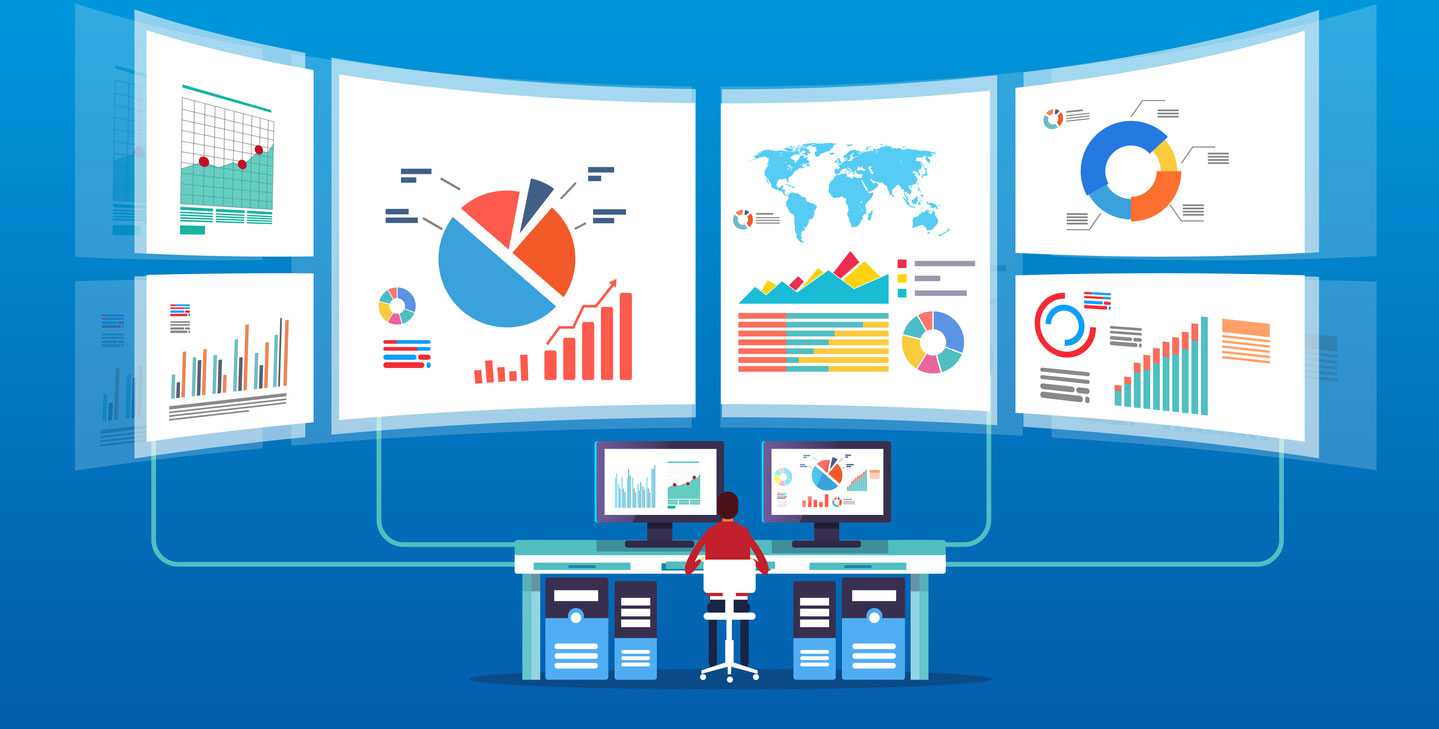Roadmap To Becoming a Data Analyst

Data Analyst Full Roadmap
"Companies are collecting large amounts of data and analyzing it to make strategic decisions in various processes within their businesses, which is why there is an increasing demand for data analysts. Additionally, data analysis technology and tools are constantly evolving, which makes data analysts' work more efficient."
Role of a Data Analyst
A data analyst is responsible for collecting, processing, and performing statistical analyses on large datasets to help organizations make informed decisions. They work with data in a variety of formats, including structured and unstructured data, and use various tools and techniques to extract insights and identify trends.
Some of the specific responsibilities of a data analyst include:
Overall, the role of a data analyst is to help organizations make data-driven decisions by providing insights and recommendations based on their analysis of large datasets. They play a critical role in today's data-driven world and are in high demand in a wide range of industries, including finance, healthcare, marketing, and technology.
EXCEL
"Excel is a commonly used tool for data analysis and is important for data analysts because it helps to organize, analyze, visualize, and manipulate data. Additionally, it is user-friendly and accessible to most data analysts."
Youtube Channels
SQL
"SQL (Structured Query Language) is a programming language used to manage and manipulate relational databases. It is a standard language used in most relational database management systems (RDBMS) like MySQL, Oracle, Microsoft SQL Server, PostgreSQL, and many others. SQL allows users to perform a variety of tasks, including creating and modifying database structures, inserting, updating and deleting data, querying and retrieving data from the database, and managing users and permissions. SQL uses a set of commands and syntax to interact with databases. These commands include creating tables, selecting and filtering data, joining multiple tables, grouping and aggregating data, and much more. In summary, SQL is a powerful and widely-used language for managing relational databases, and is essential for anyone working with data-driven applications."
Youtube Channels
Cheat Sheet
BI (Business Intelligence) Tools - POWER BI & Tableau
"BI (Business Intelligence) tools are important for data analysts because they are used to analyze, visualize and make sense of data. These tools help data analysts to speed up their workflow and better understand data. BI tools offer different visualization techniques and graphs to analyze data and visualize it for management decisions. This enables data analysts to better understand data, interpret results more effectively and create a better foundation for business decisions."
Power BI
Tableau
Programming- Python
"Python is important for data analysts because it is considered a programming language that can be used for many data analysis processes. Python can be used for many data analysis processes, such as analyzing large datasets, data manipulation, data visualization, machine learning modeling, data mining processes, and data cleaning processes. Additionally, Python's open-source nature, free availability, and ease of learning are advantages for a data analyst. Therefore, knowing Python as a data analyst creates a versatile tool for data analysis processes and can help make data analysis processes faster, more efficient, and more accurate."
